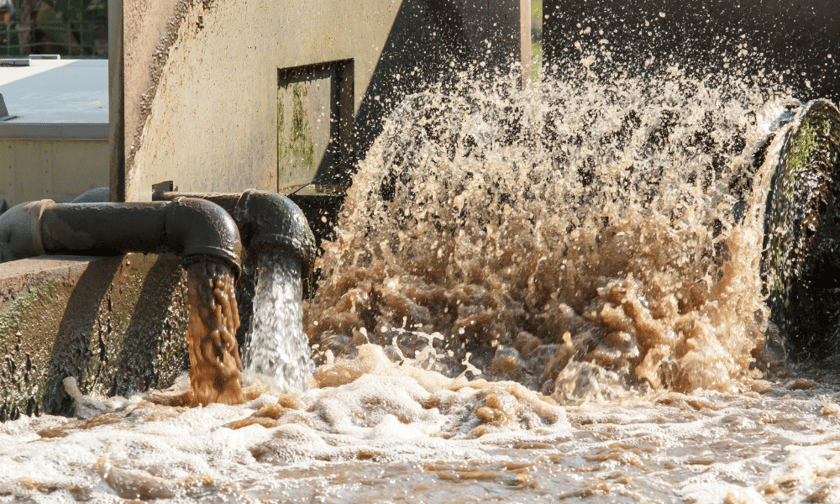

Two Ontario researchers are developing a national policy to guide how genetic data from wastewater samples in indigenous communities is issued, raising concerns about long-term consent and potential misuse by third parties, including insurance companies, according to The Chronicle-Journal.
Funded through a $500,000 federal grant, the two-year project is being led by University of Guelph professors Larry Goodridge and Melissa Perreault.
The policy will be developed in consultation with First Nations and will aim to set terms for how wastewater data is collected, stored and reused.
Wastewater surveillance was a key public health tool during the COVID-19 pandemic, offering insight into virus transmission in communities across Ontario, including First Nations. However, many of the samples taken during that time were retained, and researchers are now looking to re-analyze them for other purposes, the report said.
“Many researchers bio-banked wastewater samples obtained during the pandemic for future analysis of infectious diseases,” Goodridge said in a news release. “You may have worked with a First Nation to collect samples, and the initial study may have been done with their approval, but what about five years from now, when you want to re-analyze those samples for a different study?”
Goodridge said there is currently no formal framework governing how wastewater data is used in Canada, and decisions often fall to researchers’ ethical judgment. He also warned that, without clear rules, data could be accessed or used in ways that harm indigenous communities. For example, an insurance company might use genetic markers found in wastewater to deny health coverage based on perceived health risks.
Meanwhile, Perreault, who is Métis, said historical misuse of indigenous data has reinforced mistrust. “There is a history of exploitation when it comes to Indigenous data that can reinforce stereotypes or stigma,” she said.
The researchers aim to produce a set of guiding principles that could apply nationally and adapted internationally. “This isn't just a problem in Canada,” Perreault said.
The final policy is expected to be shared with Indigenous leaders, public agencies, and researchers for possible adoption, according to the report.
